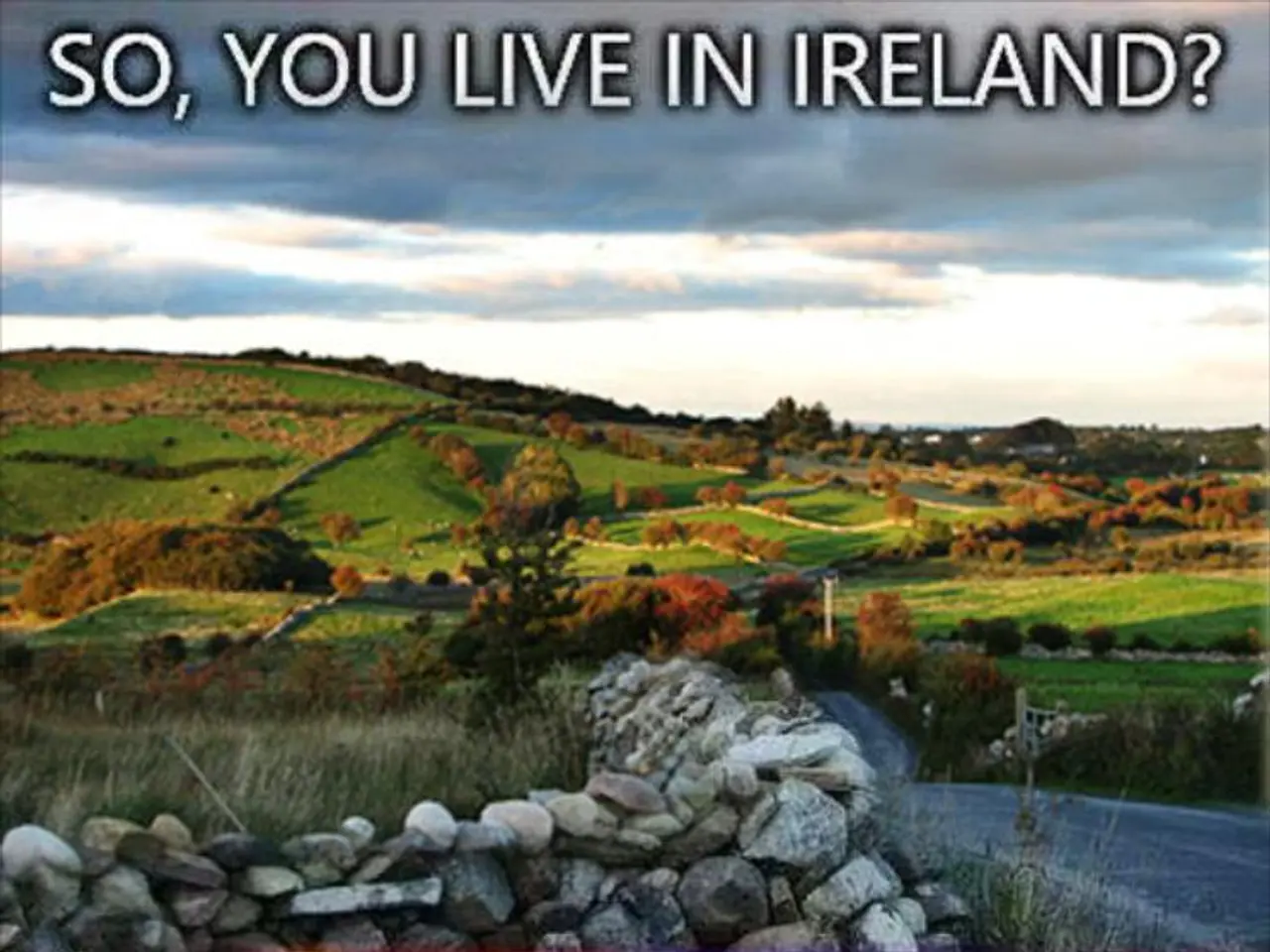Fires and intense heat sweep across Spain; Sánchez presents a nationwide agreement for addressing the climate emergency
Spain Announces National Pact Against Climate Emergency to Combat Wildfires
Spain's Prime Minister, Pedro Sánchez, has announced a "national pact against the climate emergency" to address the increasing wildfire incidents in the country. The pact aims to implement a coordinated, cross-party, and non-partisan strategy focused on both mitigating climate change impacts and adapting to its accelerating effects, particularly to reduce wildfire damage.
Satellite images show the smoke from the northwest Peninsula fires and suspended dust from the desert, leaving a whitish color in the sky. Over 70,000 hectares have burned in Spain in recent days, and more than 157,000 hectares have burned since the beginning of the year. Thousands of people remain evacuated in Castile and León, and the authorities have warned of "high levels of particles" in the air, a direct consequence of the numerous fires.
The pact emphasizes overcoming ideological divides to base policies on scientific evidence and ensure effective, unified action across all levels of government and society. Key specific actions and strategies include enhancing the capability and coordination of public servants and administrations before, during, and after wildfire events. This will enable more effective prevention, firefighting, and recovery efforts.
Pedro Sánchez noted that the climate emergency is accelerating and worsening, especially in the Iberian Peninsula, as evidenced by the extensive wildfires in Spain. He stated that having fires of such magnitude and events like 'Dana' (a meteorological phenomenon that led to deadly floods in Valencia) shows the worsening effects of climate change.
The pact will involve all public administrations, parliamentary groups, civil society, science, businesses, unions, and the whole country. The basics of the pact will be ready by September. Pedro Sánchez is set to visit Castile and León, a region mourning the deaths of two young volunteer firefighters in their thirties.
The pact aims to move beyond addressing only immediate wildfire outbreaks and to tackle the underlying, year-round climate emergency challenges affecting citizens. It will develop a comprehensive strategy that anticipates worsening climate impacts, with a focus on resilience and public safety to safeguard citizens with stronger, more reliable protective measures.
The pact also includes implementing policies based on scientific evidence rather than partisan politics, ensuring all governmental layers (local, regional, national) work together in a unified direction for climate policy resizing and coordination. It combines mitigation and adaptation efforts, recognizing that reducing emissions and preparing for climate impacts like wildfires are interconnected responsibilities.
For example, infrastructure modernization such as smart grids and decentralized energy storage supports both decarbonization and resilience against climate disruptions. The pact also aims to accelerate resource allocation for fire prevention and firefighting capacities, building on increased investments since Spain declared a climate emergency in 2020.
In summary, the pact is designed as a long-term, science-based framework to strengthen wildfire mitigation and climate adaptation through cross-sector collaboration, improved preparedness, resource investment, and unified policy implementation across Spain. The regional presidents of Galicia, Castile and León, and Extremadura have called on the government for additional reinforcements, reflecting a quarrel reminiscent of that observed in the Valencia region last autumn, where the presidency was criticized for its delay in sounding the alarm to encourage residents to evacuate. The two main parties have been criticizing each other for lacking means or not requesting them. However, Pedro Sánchez affirmed that the response to the fires ravaging Spain is here. He promised to do everything possible and more to help fire victims resume a normal life.
- The national pact against the climate emergency initiated by Spain's Prime Minister targets environmental-science issues, emphasizing the importance of implementing policies and legislation based on scientific evidence to combat climate-change impacts, particularly the intensifying wildfire incidents.
- The pact looks beyond immediate wildfire outbreaks and focuses on general-news developments, such as modernizing infrastructure by implementing smart grids and decentralized energy storage, to tackle the underlying year-round climate-emergency challenges which affect the citizens.
- The pact in Spain goes beyond political differences, involving various stakeholders, including parliamentary groups, civil society, science, businesses, unions, and local, regional, and national governmental layers, to ensure a unified direction for addressing climate-change and its effects on the environment, such as the increasing wildfires.






